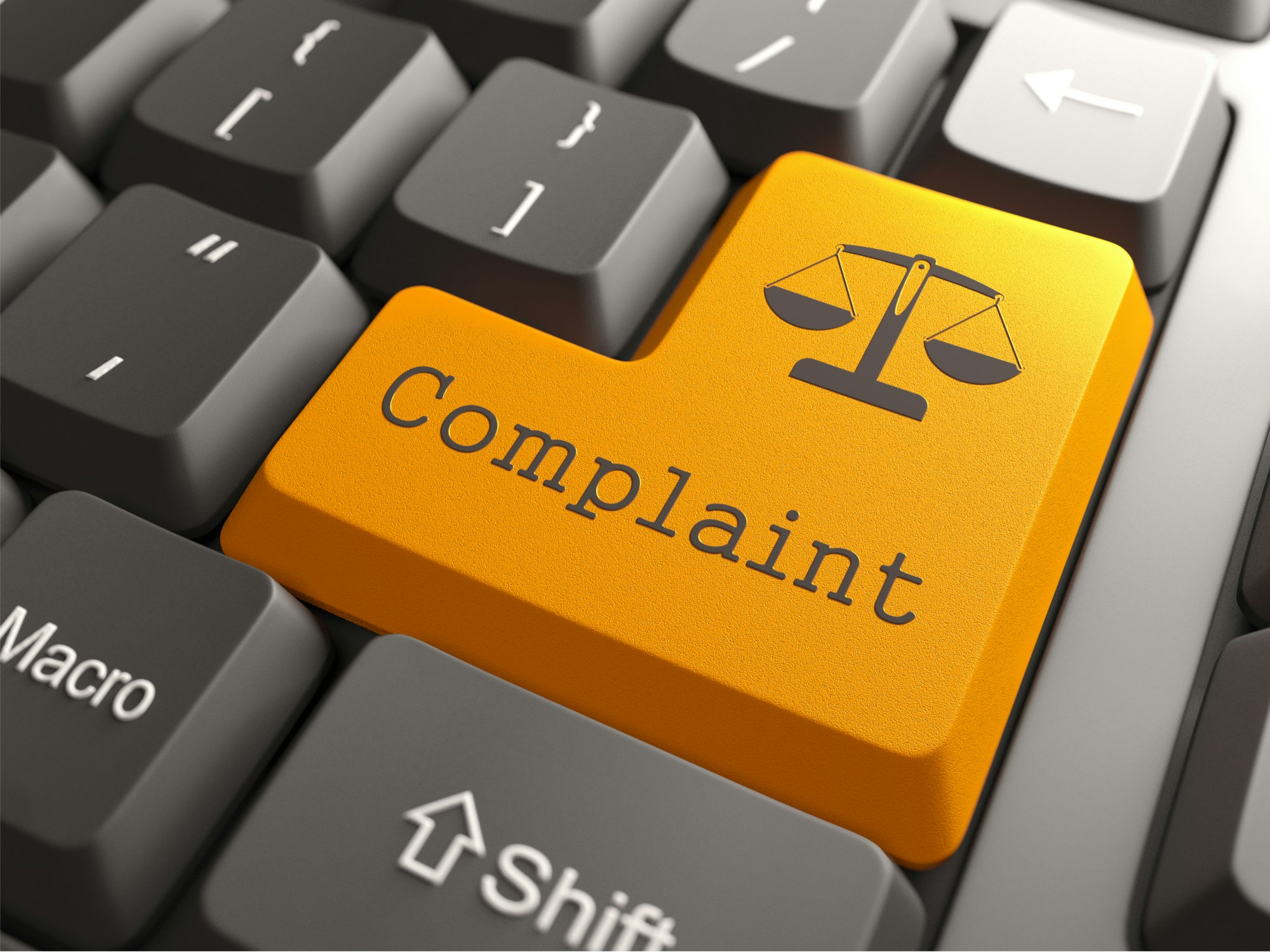Equality in question after disability related complaints rise

More and more people are lodging complaints on the grounds of disability discrimination putting the issues back into the spotlight.
Around the county, recent cases highlight that there is still work to be done to establish an equal opportunity for people with disability, their families and carers.
In South Australia (SA), current data reveals disability discrimination complaints to the Equal Opportunity Commission (EOC) surged to 80, up 42 percent from the previous financial year.
Uniting Communities Manager for Advocacy Mark Henley is not surprised by the spike and says there is still a lack of widespread awareness.
“The general community that aren’t working in the disability space all the time, have a general lack of awareness about the realities of living with a disability and this is coupled with the politically induced view of the NDIS and the perpetuated cost blowouts, probably spurring a bit of intolerance,” he says.
Uniting Communities employ paid support workers to provide care and support to people living with acquired brain injury and intellectual disability.
This support is not only to assist the person with a disability, it also provides respite to their unpaid and in most cases, family carers.
Mr Henley believes the increase in submitted complaints to SA’s EOC is down to people being more willing to speak out.
“People with disabilities and their carers are a lot more prepared to say something these days,” he says.
“There is a greater awareness of rights and people are feeling empowered to call others out on it.”
A recent incident involving a Tasmania cinema has also attracted attention after it was claimed to have discriminated against a person with a disability and their carer.
The cinema had offered a voluntary scheme offering free admission but revoked it following a complaint lodged to the states Equal Opportunity office.
The dispute came after the cinema denied free access on peak weekend screenings when they did not offer their discount.
Uniting Communities Social Inclusion Service Manager Bianca Bindley claims that social outings for people with disability and their carers are “incredibly important” with service providers doing their best to fulfill these needs.
“Service providers working in this space try to do the best they can in assisting carers to access social outings – either programmed or of their own choosing as much as possible, despite the changing landscape of service provision,” she says.
Mrs Bindley says they do still encourage the individuals that receive support to apply for a companion card.
Council of Small Business of Australia (COSBOA) Chief Executive Officer Peter Strong explains that some smaller to medium size businesses may not even be able to afford offer special concessions.
“Small businesses are just normal people who do the extra yards and provide jobs and security for others,” he says.
“If that means they can’t provide support, or provide support at all times then that is just a fact of business and a fact of life.”
COSBOA engages in advocacy work to advance the interests of small business in Australia, through policy change and regulatory reform.
Mr Strong salutes those business who continue to provide extra support which he hopes is mutual.
“More power to those who provide support and we hope they also get support and understanding from the community.”